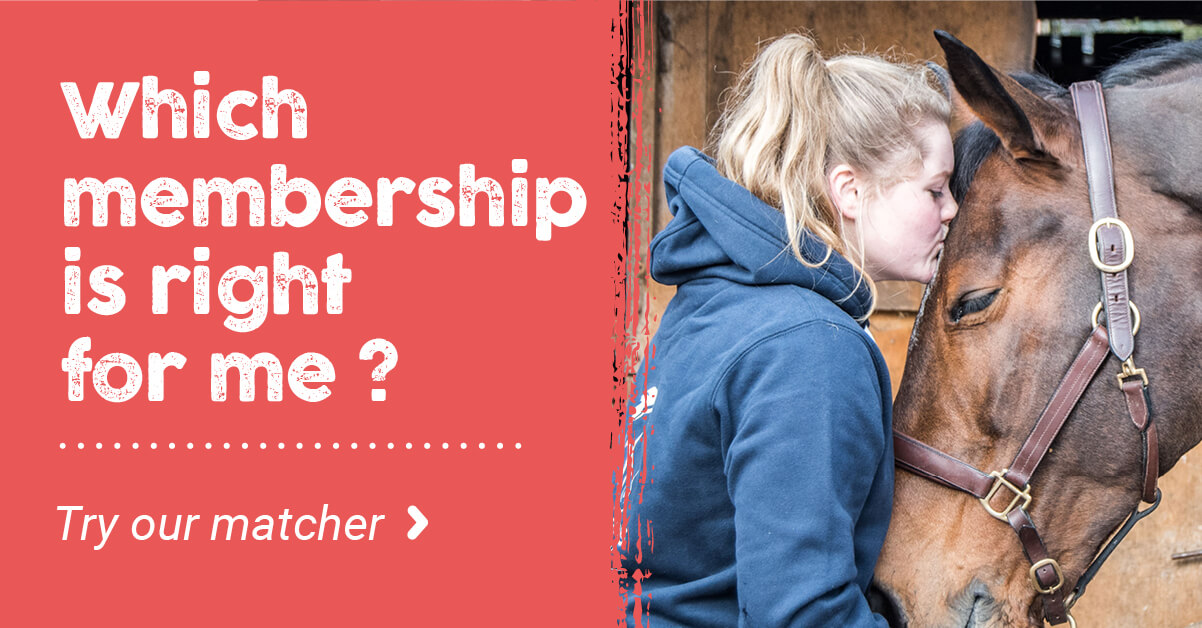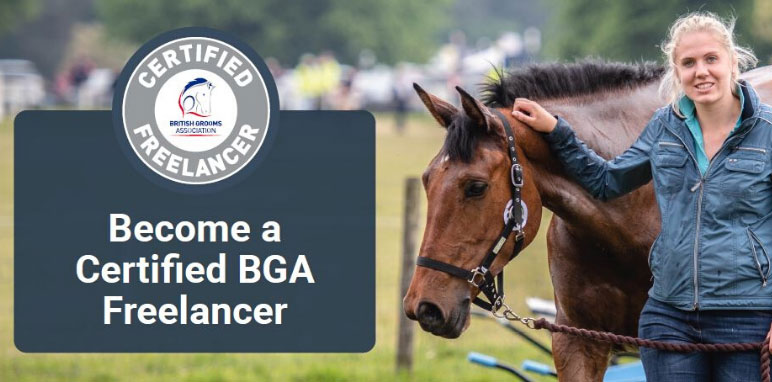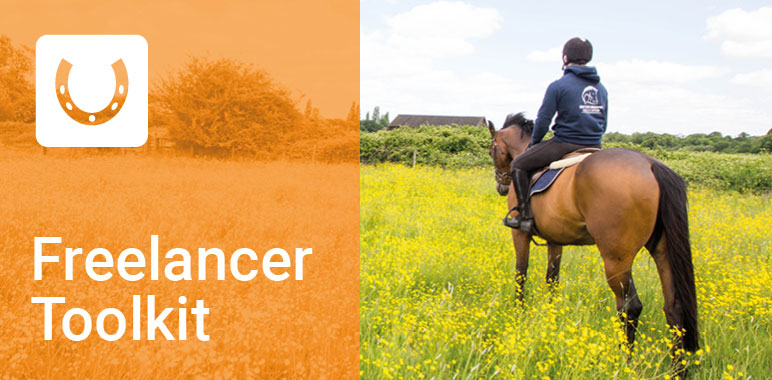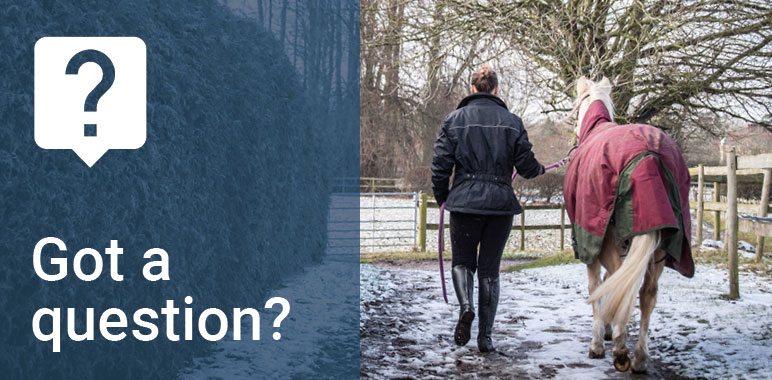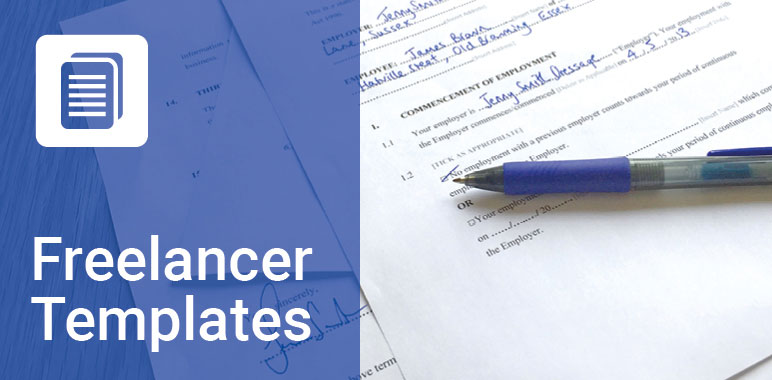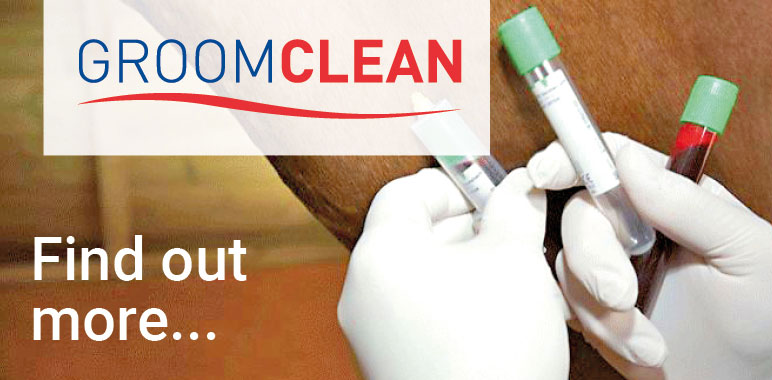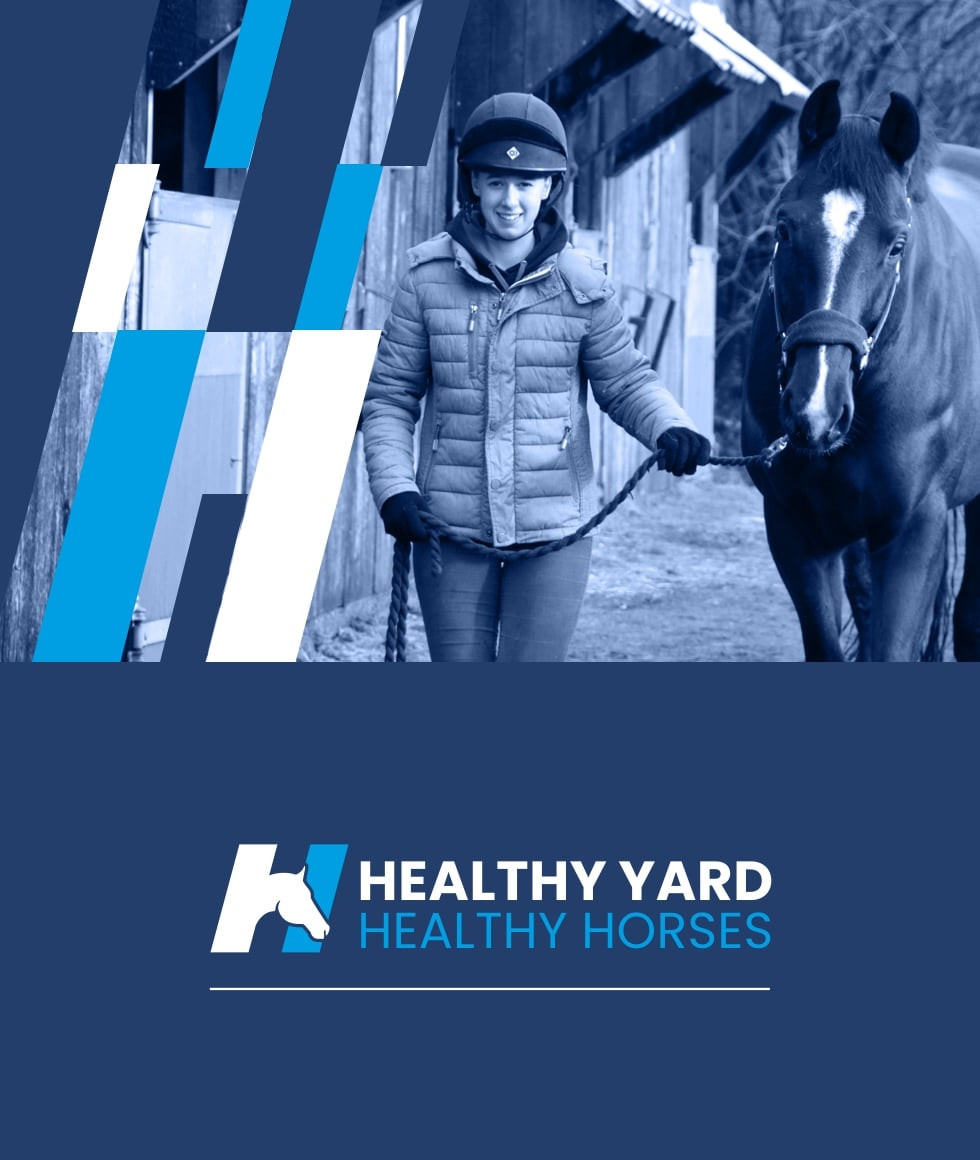- Join Now
- Login
- Member Zone
- Your Career
- Freelancing
- International Grooms Association
- BGA Training
- Healthy Yard Healthy Horses
- Transporting horses
- Brexit
- Safe workplace
- Student Zone
- Member Discounts
- BG Magazine
- Member services
- Training & Careers
- BGA CV Creator
- Horse groom training
- Where to Train
- BGA E Learning
- Career choices
- Change to Racing
- First Aid training for grooms
- Parents
- Grooms Jobs
- Grooms Life
- About
- News
- Contact

Employment Law Changes
9th April 2020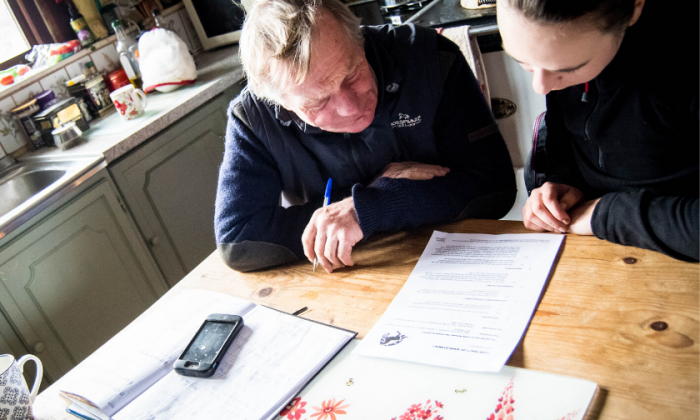
There have been important changes to written employment contracts and holiday pay calculations, which came into effect from 6th April 2020.
Employers are obliged, by section 1 of the Employment Rights Act 1996, to provide both employees and workers with a written statement of particulars of employment before, or on, the start date of their employment.
This means that anyone starting a new job needs to have a written contract either before they start their employment, or on the day that the employment commences.
In addition, written statements will also now need to contain:
• the hours and days of the week the worker /employee is required to work, whether they may be varied and how
• entitlements to any paid leave
• any other benefits not covered elsewhere in the written statement
• details of any probationary period
• details of training provided by the employer.
If you current written statement of particulars doesn’t include the information above then your employer must issue you with a new contact.
Employers and Yard Managers can create and update employment contracts using the five step ‘Contract Creator’ available from the Equestrian Employers Association.
If you are a groom concerned about your written contract there is more information in our members 'My Employment' section on the website.
Changes to holiday pay calculations
From 6 April 2020 the Government lengthened the holiday pay reference period for calculating an average week’s pay from 12 weeks to 52 weeks.
This reform is intended to improve the holiday pay for seasonal workers, who tend to lose out over the way it is currently calculated, and to even out the variation in pay for workers.
What the personal accident policy covers you for:
- Whilst at work
- All stable duties – mucking out, grooming, washing off, turning out
- Clipping
- Riding – including hacking and jumping
- Hunting
- Lunging
- Breaking in
- Holding horse for a vet and other procedures
- Travelling horses both in the UK and abroad
- Competing in line with your job including: jumping, dressage, eventing
- Injuries that may happen to you whilst you are teaching - but you must also be grooming as part of your duties and not be a sole instructor
What the personal accident policy doesn’t cover you for:
- Riding in a race, point to point or team chase
- Stunt Riding
- Accidents occurring whilst travelling to and from work
- Riding and competing your own horse (but you can upgrade when applying for membership to include this)
- Public Liability – this is a separate insurance policy - the Freelance Groom Liability Insurance
- Care Custody and Control – this is a separate policy - the Freelance Groom Liability Insurance
If you require additional cover then please contact KBIS directly.
| GROOM | RIDER | EMPLOYER | |
|
When you are working for other people you do most of the following; muck out, turn out/catch in, tack up, groom horses, exercise Horses (including hacking, jumping and schooling), in the care of your employer/client. |
|
|
|
| Predominantly ride horses for other people including schooling, exercising and competing. | NO |
YES |
YES |
| Provide grooming services for someone else either full time or on a freelance basis i.e. an employer or a client. | YES |
NO |
NO |
| Employ staff – have an employers liability policy in your name | NO | NO | YES |
| Buy and sell horses | NO | YES | YES |


